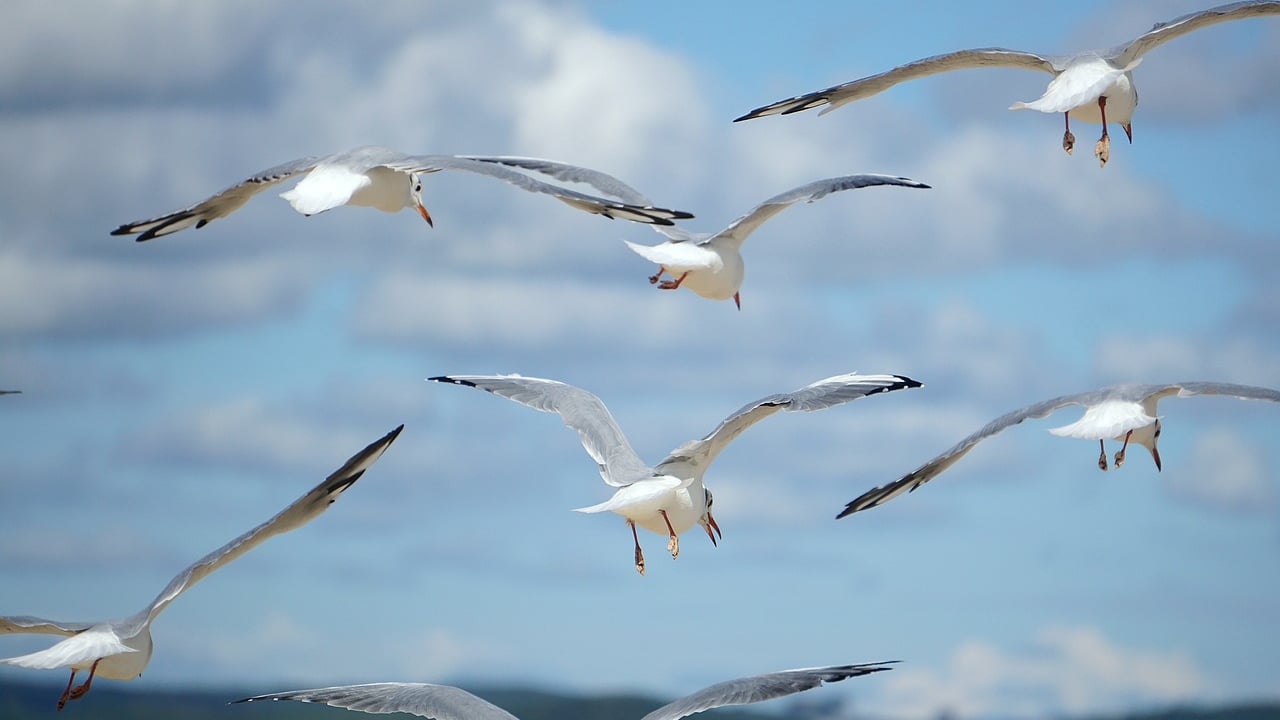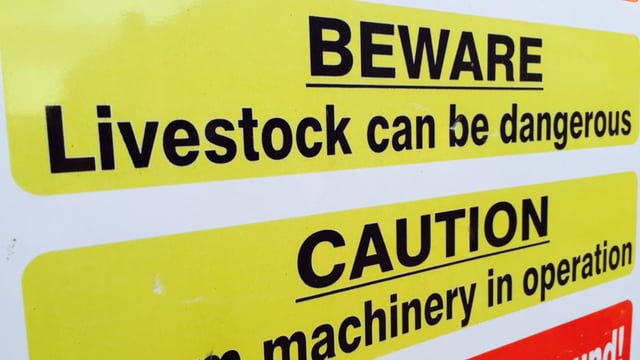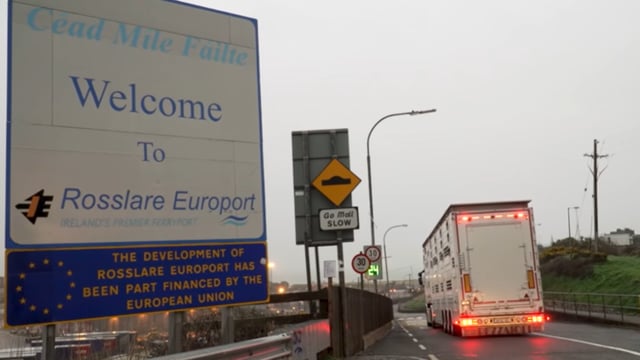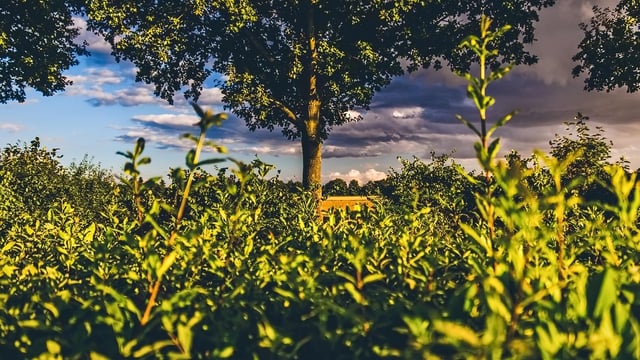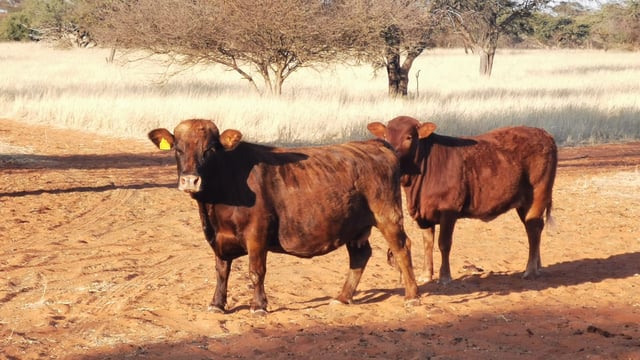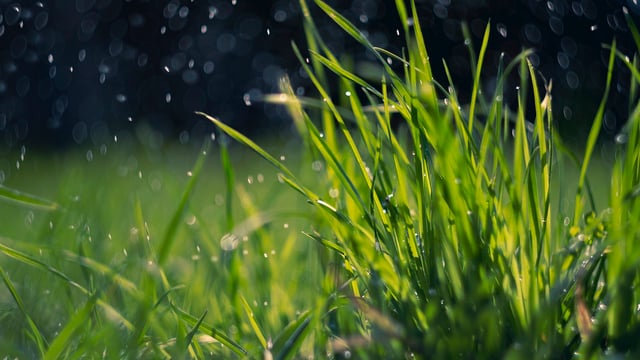Minister sounds warning after recent bird flu detections in the wild
Minister for Agriculture, Food and the Marine Martin Heydon is calling on the public and poultry farmers to be aware of the risks of avian influenza, also known as bird flu.
The minister's warning comes after a number of detections of the disease in wild sea birds, particularly along the west coast.
According to the minister, there has been a number of reports of groups of dead wild sea birds washing up on shorelines in the last three weeks.
These groups were found on the coasts of counties Kerry, Clare and Galway.
In two instances, a wild sea bird which washed up on a beach tested positive for the H5N1 avian influenza virus. These two particular birds were found in counties Kerry and Galway.
The minister reiterated the importance of taking precautions to protect public health.
He said: "I have a clear message for the public, especially for those who may encounter dead birds on beaches this summer: Do not touch or pick up dead wild birds."
The minister is also calling on dog owners to keep dogs on leashes in areas where there are sick or dead wild birds.
Addressing any poultry farmers and flock keepers in counties Kerry, Clare and Galway, Minister Heydon said: "All flock owners in these coastal areas, whether they have commercial farms or a few backyard hens, should implement stringent biosecurity measures to mitigate the risk of the disease spreading to their flocks.
"Strict biosecurity remains the the single most important disease prevention measure," he added.
The minister called on all flock owners to report any suspicions of bird flu to their local regional veterinary office (RVO) "without delay".
Anyone who finds a sick or dead wild bird which is included on the List of Target Species for Avian Influenza Surveillance can report it using the avian influenza wild bird reporting App (AvianCheck).
The Department of Agriculture, Food and the Marine said that even where birds are not collected, reports of dead wild birds are important and useful to understand the disease situation in wild bird populations and to inform stakeholders of avian influenza risks.
The minister acknowledged the reports received from members of the public through AvianCheck, saying: "I want to thank all those who have taken the time to submit a report to my department about sighting of dead will birds. This is citizen science in action to protect public and animal health."
The Health Protection Surveillance Centre (HPSC) has advised that the risk to public health from the strain of bird flu currently circulating is considered low for the general public, and low to medium for occupationally exposed people.
The Department of Agriculture has the following advice for flock owners and the general public:
- Do not touch sick or dead wild birds;
- Do not touch wild bird feathers or droppings;
- Avoid contact with surfaces contaminated with wild bird droppings;
- Maintain good hand hygiene practices;
- If you are travelling from an area known or suspected to be affected with avian influenza, or where wild birds have been found dead, do not make contact with poultry or captive birds without prior cleaning and disinfection of clothing and footwear and do not bring sick wild birds home, particularly if you own or work with poultry or other captive birds;
- Where handling sick or dead wild birds is unavoidable, you must wear gloves. Dispose of your gloves appropriately. If you do not have immediate access to a bin they should be placed inside a plastic bag and brought with you. Wash your hands and arms with hot soapy water afterwards;
- Keep pet dogs on a leash in areas where there are sick or dead wild birds.

